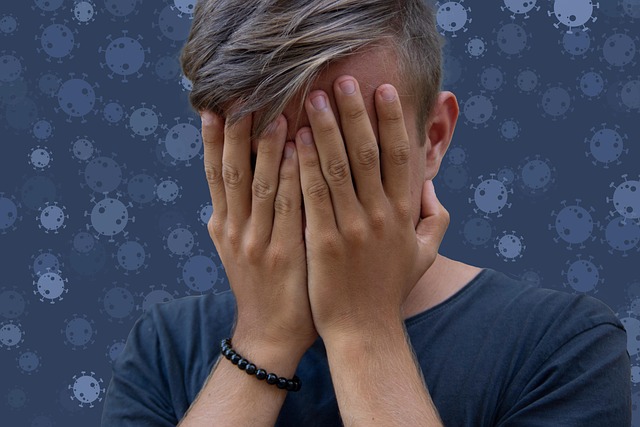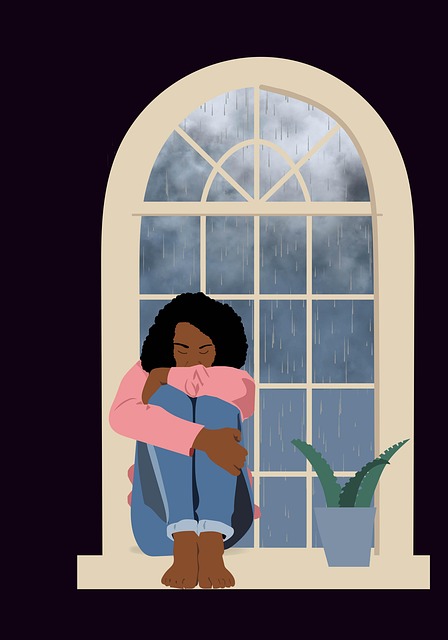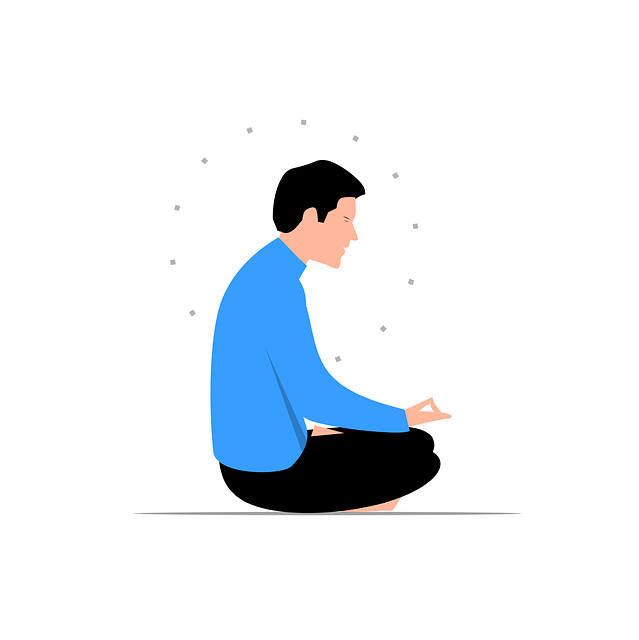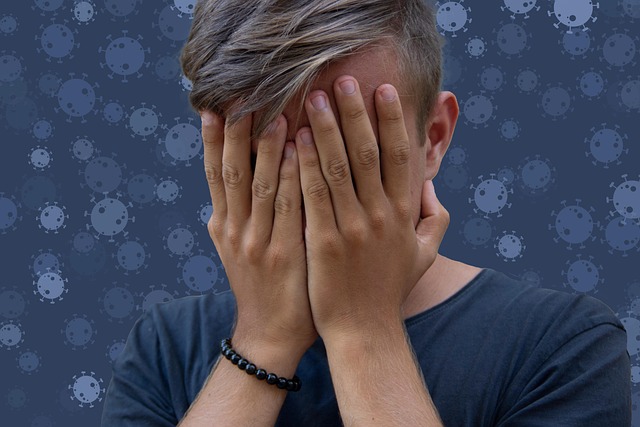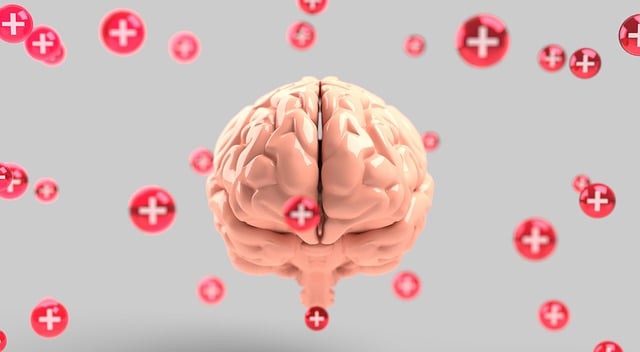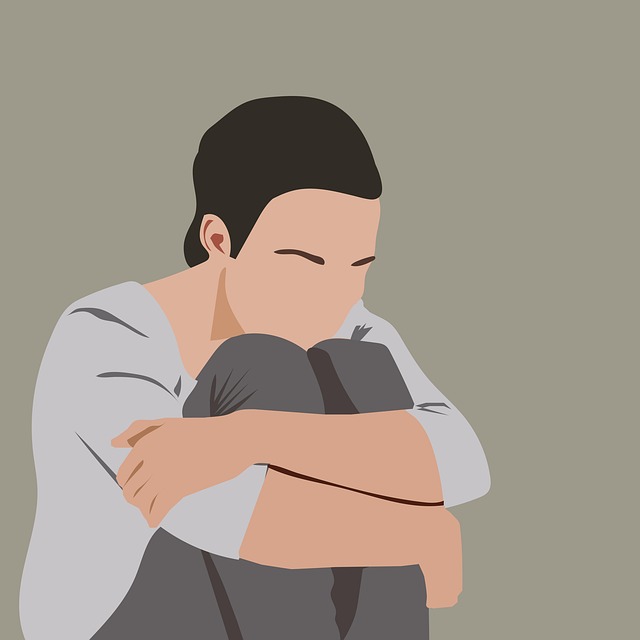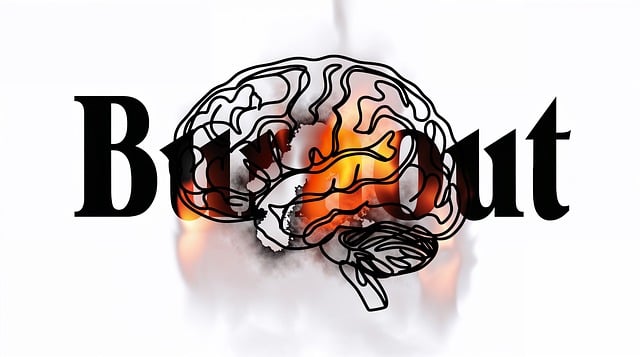Anxiety and PTSD significantly impact young adults, often from untreated past traumas. Cognitive Behavioral Therapy (CBT) is an effective treatment, helping individuals process traumatic memories, challenge negative thoughts, and adopt healthier coping mechanisms. Mindfulness practices, like meditation, calm overactive nervous systems triggered by trauma or stress. Exposure therapy safely confronts fears, building resilience. Lifestyle changes, self-care strategies, and social skills training further enhance PTSD management, improving quality of life and reducing anxiety levels.
Anxiety is a prevalent concern among young adults, with post-traumatic stress disorder (PTSD) playing a significant role in its complexity. This article explores effective anxiety management techniques tailored for this demographic. From cognitive behavioral therapy (CBT), a recognized game-changer in mental health, to mindfulness practices and exposure therapy, we delve into strategies that challenge fears and promote resilience. Additionally, lifestyle changes and self-care are highlighted as essential components for young adults seeking long-term relief from anxiety and PTSD symptoms.
- Understanding Anxiety in Young Adults: Unveiling the Impact of Post-Traumatic Stress Disorder
- Cognitive Behavioral Therapy (CBT): A Powerful Tool for Overcoming Anxiety
- Mindfulness and Meditation Practices for Calming the Nervous System
- Exposure Therapy: Confronting Fears to Break Free from Anxiety
- Lifestyle Changes and Self-Care Strategies for Effective Anxiety Management
Understanding Anxiety in Young Adults: Unveiling the Impact of Post-Traumatic Stress Disorder

Anxiety among young adults is a pressing issue, often intertwined with post-traumatic stress disorder (PTSD), which demands tailored understanding and effective management strategies. Many young people struggle with anxiety stemming from past traumatic experiences that go untreated, leading to chronic conditions. PTSD, in particular, can significantly impact daily functioning, relationships, and overall well-being.
Therapy for young adults suffering from PTSD is a crucial step towards healing. Cognitive behavioral therapy (CBT) has proven effective in helping individuals process traumatic memories, challenge negative thought patterns, and develop healthier coping mechanisms. Engaging in self-awareness exercises and mental health education programs designed to foster resilience can further enhance recovery. By prioritizing self-esteem improvement, young adults can build the confidence needed to navigate life’s challenges, ultimately reducing anxiety levels and promoting a sense of empowerment.
Cognitive Behavioral Therapy (CBT): A Powerful Tool for Overcoming Anxiety

Cognitive Behavioral Therapy (CBT) has emerged as a powerful tool for young adults seeking to overcome anxiety disorders, including post-traumatic stress disorder (PTSD). This evidence-based approach focuses on identifying and changing negative thought patterns that contribute to anxious feelings. By challenging these distorted thoughts, CBT empowers individuals to develop healthier perspectives and more adaptive behaviors in stressful situations.
For those dealing with PTSD, CBT can be life-changing. It helps process traumatic memories while teaching effective coping strategies to manage reoccurring symptoms like flashbacks, nightmares, and severe anxiety. Integrating CBT into mental health care has been met with positive outcomes, reducing the burden of anxiety and promoting resilience among young adults navigating their mental illness. Additionally, participating in stress management workshops or compassion cultivation practices within a supportive community can further enhance the benefits of CBT, fostering a sense of belonging and reducing stigma associated with mental illnesses.
Mindfulness and Meditation Practices for Calming the Nervous System

Mindfulness and meditation practices have gained significant attention as effective therapy for young adults dealing with anxiety and post-traumatic stress disorder (PTSD). These ancient techniques offer a modern solution to calming the nervous system, which is often in overdrive due to traumatic experiences or chronic stress. By focusing on the present moment, individuals can learn to observe their thoughts and emotions without judgment, reducing the impact of anxious feelings.
Incorporating mindfulness into daily routines, such as mindful breathing exercises or guided meditations, allows one to develop a deeper sense of self-awareness and emotional regulation. This is particularly beneficial for those who have experienced PTSD, as it helps in processing and releasing traumatic memories while promoting mental wellness. Cultural sensitivity in mental healthcare practice plays a crucial role here, ensuring that these techniques are adapted and taught in ways that resonate with diverse cultural backgrounds, making them accessible to all seeking anxiety management support.
Exposure Therapy: Confronting Fears to Break Free from Anxiety

Exposure therapy is a powerful technique designed to help young adults overcome anxiety and post-traumatic stress disorder (PTSD). By gradually confronting fears, individuals can learn to manage and reduce their anxious responses. This therapeutic approach involves creating a safe environment where patients are exposed to situations or objects that trigger their anxiety in a controlled manner. Through repeated exposure, the brain rewire itself, reducing the intensity of fear responses over time.
For young adults struggling with anxiety, this method offers an effective path to healing. It empowers individuals to develop inner strength and build resilience by facing their fears head-on. Moreover, cultural competency training for healthcare providers can enhance the effectiveness of exposure therapy by ensuring a culturally sensitive approach, catering to diverse patient needs. Alongside therapy, establishing a solid self-care routine contributes to better mental health, providing additional tools to manage anxiety in everyday life.
Lifestyle Changes and Self-Care Strategies for Effective Anxiety Management

Managing anxiety effectively often involves significant lifestyle changes and self-care strategies. For young adults dealing with post-traumatic stress disorder (PTSD), these techniques can be transformative. Social Skills Training, for instance, empowers individuals to navigate social interactions with more confidence, reducing triggers that might escalate anxiety. Incorporating regular Mindfulness Meditation into daily routines helps calm the mind, allowing individuals to gain better control over their thoughts and emotions.
In addition, prioritizing mental wellness through a Mental Wellness Podcast Series Production can provide valuable insights and coping mechanisms. These podcasts often offer practical advice from experts in the field, encouraging open dialogue about anxiety management. By combining these strategies, young adults with PTSD can enhance their resilience, improve their quality of life, and better manage their symptoms over time.
Anxiety management is a multifaceted journey, especially for young adults. By understanding the complexities of anxiety, such as its relationship with post-traumatic stress disorder (PTSD), and employing effective techniques like CBT, mindfulness, exposure therapy, and lifestyle adjustments, individuals can reclaim control over their lives. These therapies offer personalized paths to healing, enabling young adults to navigate and overcome anxiety’s challenges. With dedicated practice and self-care, managing anxiety becomes a powerful tool for personal growth and improved well-being.

